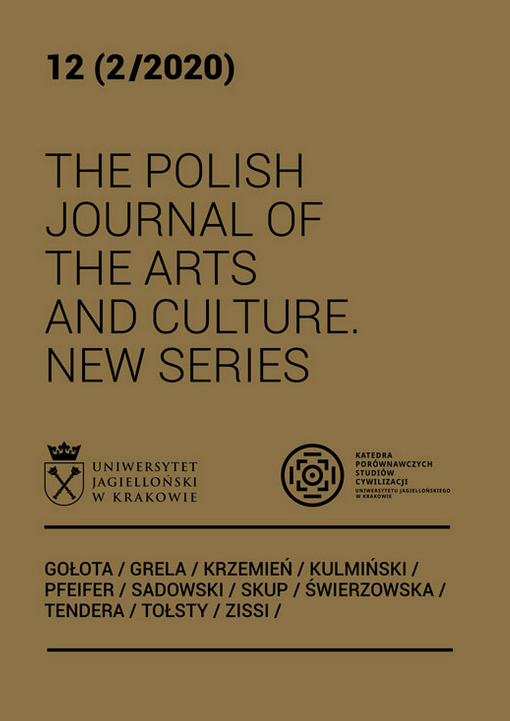Ideological Counter-Narrative as a Response to Fundamentalist Ideology in Europe and South Asia. An Analysis of Selected Cases in Their Cultural Context and an Outline of Recommended Activities
Ideological Counter-Narrative as a Response to Fundamentalist Ideology in Europe and South Asia. An Analysis of Selected Cases in Their Cultural Context and an Outline of Recommended Activities
Author(s): Piotr Kłodkowski, Anna Siewierska-ChmajSubject(s): Media studies, Islam studies, Politics and religion, Cognitive Psychology, ICT Information and Communications Technologies, Sociology of Religion
Published by: Wydawnictwo Uniwersytetu Jagiellońskiego
Keywords: radicalisation; de-radicalisation; Islamic fundamentalism; Internet; cognitive closure; counter-narrative;
Summary/Abstract: The article discusses the issues of religious radicalisation and de-radicalisation in contemporary Islam. Its authors present complex phenomena of ideological, historical, cultural and political contexts of radicalisation processes, investigate the distribution of radical propagandist materials among various Muslim communities around the world and analyse the consequences of ideological transformation of Islamic fundamentalism in selected European countries. The authors conclude that radicalisation propaganda has a global appeal due to the fact it has adopted a carefully selected group of globally recognised ideologues (Ibn Abd al-Wahhab, Abul A’la Maududi, Sayyid Qutb), but the recommended de-radicalisation processes should be rooted locally or regionally. The article proposes a constructive theoretical framework, a working hypothesis that should be constantly revised and modified in the changing socio-political environment.
Journal: The Polish Journal of the Arts and Culture. New Series
- Issue Year: 13/2021
- Issue No: 1
- Page Range: 87-107
- Page Count: 21
- Language: English

